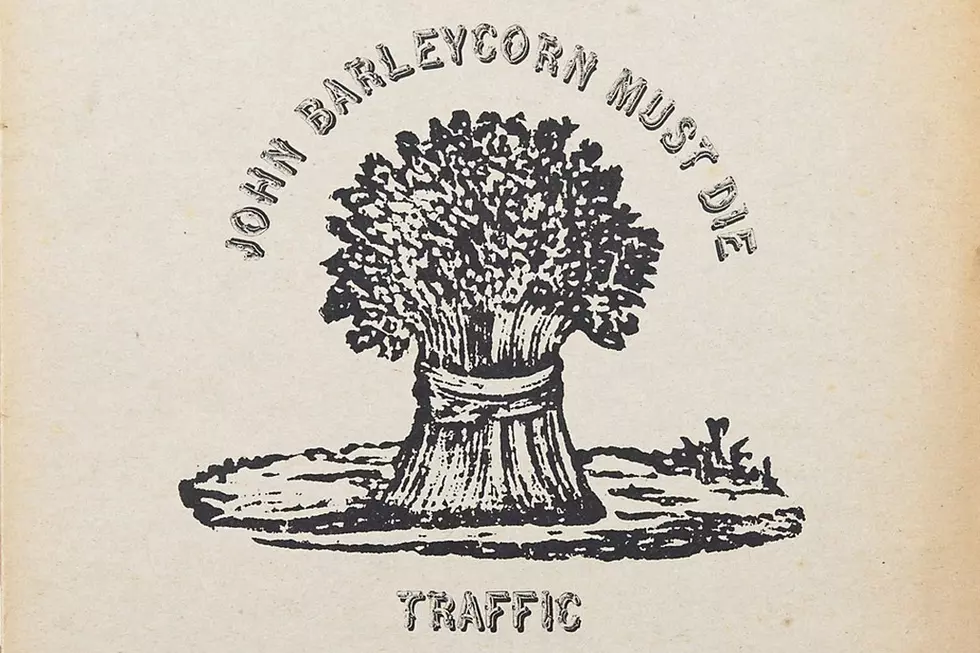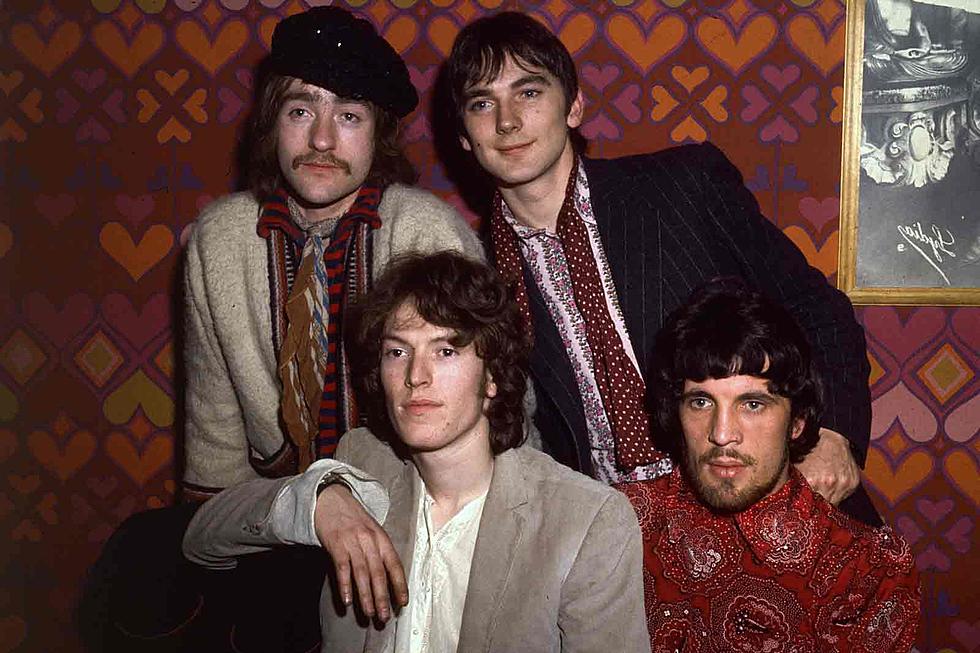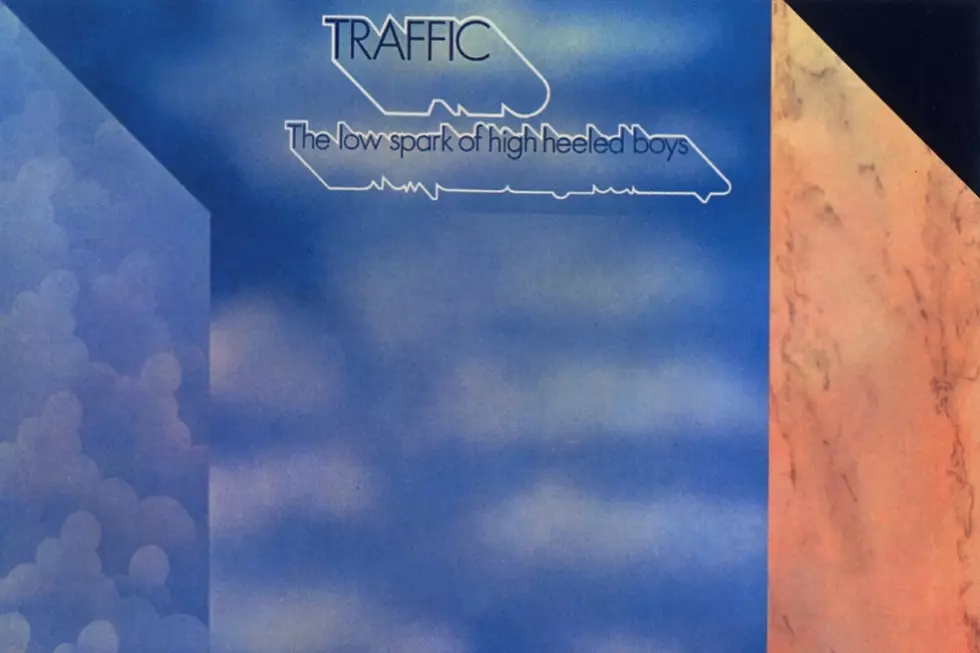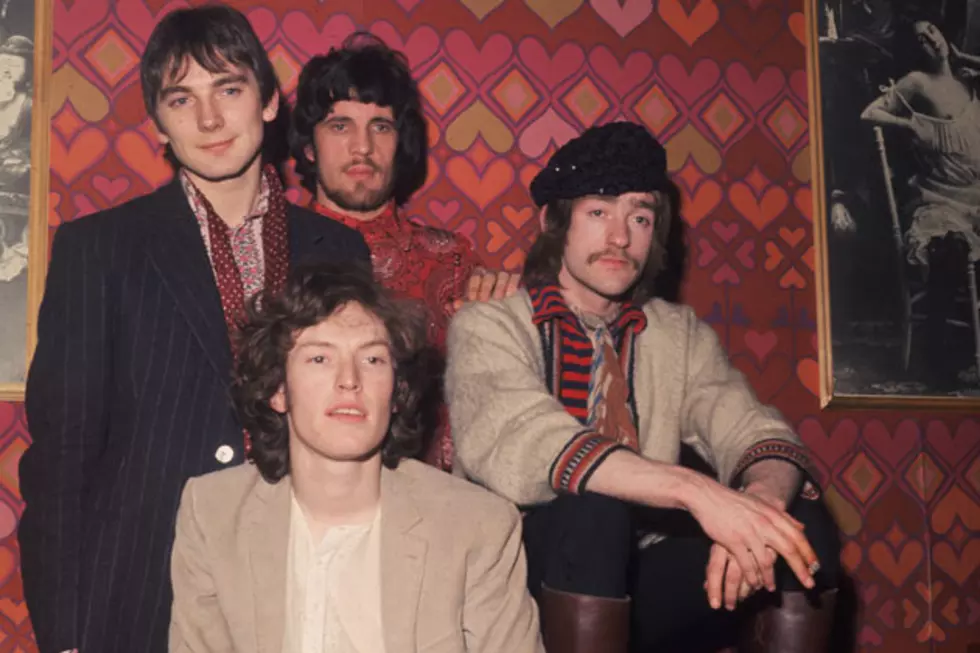
How Traffic Re-formed to Produce ‘John Barleycorn Must Die’
Steve Winwood had left the Spencer Davis Group and seen Traffic and Blind Faith break up before he turned 22. But after recording a few tracks for a solo album in which he played all of the instruments, he decided to call back drummer Jim Capaldi and woodwind player Chris Wood and give Traffic another shot.
The result, John Barleycorn Must Die, was released in July 1970. Its six songs blend soul, folk, jazz and progressive rock into unique whole, starting with the seven-minute instrumental opener, “Glad.” It seems to build upon the vibe from Ramsey Lewis’ 1965 hit “The In Crowd,” but adds a little more muscle and goes off in a few different directions on the strength of Wood’s saxophone solo and Winwood’s piano break.
The next two songs, “Freedom Rider” and “Empty Pages” are probably the ones that most accurately define the album’s sound. Wood alternates between flute and sax over Winwood’s soulful vocals, and there’s plenty of room for both of them to stretch out in their solos without going too long. While the former is John Barleycorn's best-known song, the latter’s poppy melody, soaring chorus and R&B groove feel like the template for Winwood’s solo hits that would arrive a decade later.
Ian Anderson of Jethro Tull later named John Barleycorn Must Die as one of his 10 essential folk-rock albums: “While you couldn’t call it a folk album, it did feature that particular song, which was done in a really hybrid way. It gave it something that only a soulful singer and a group of musicians with experience of jazz and blues and rock music could have done.”
“That particular song” was the title track, a British folk tune whose origins can be traced back to 16th century Scotland. Its main character was “cut off at the knee” with scythes, pricked in the heart with pitchforks and “ground between two stones.” But before anybody thinks this is an act of brutal murder, “John Barleycorn” is an anthropomorphized version of barley, and therefore he was being “killed” to make whiskey and beer.
Bookending “John Barleycorn (Must Die)” on the second side are the two songs Steve Winwood intended for the solo album, which had the tentative title Mad Shadows. “Stranger to Himself” and “Every Mother’s Son” give him a chance to shine on electric guitar, which had been neglected on the rest of the record.
Winwood’s decision to re-form Traffic paid off. John Barleycorn Must Die became Traffic’s highest-charting album in the U.S., reaching No. 5 and going gold. Although Traffic continued to have fluctuating lineups, which included a Ghanian percussionist named Rebop Kwaku Baah, they maintained their core of Winwood, Capaldi and Wood through 1974. Wood passed away in 1983, but Winwood and Capaldi brought Traffic back in 1994 for a final album titled Far From Home, which reached No. 33 on the Billboard 200.
17 Artists Who Recorded One-Man-Band Albums
More From Ultimate Classic Rock









